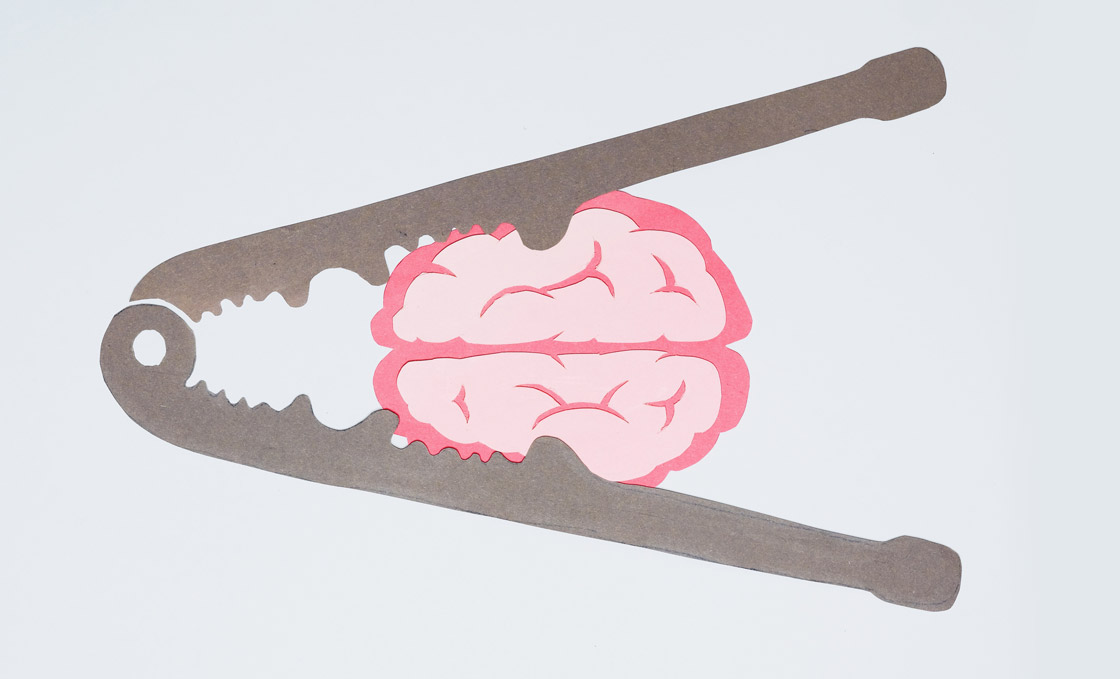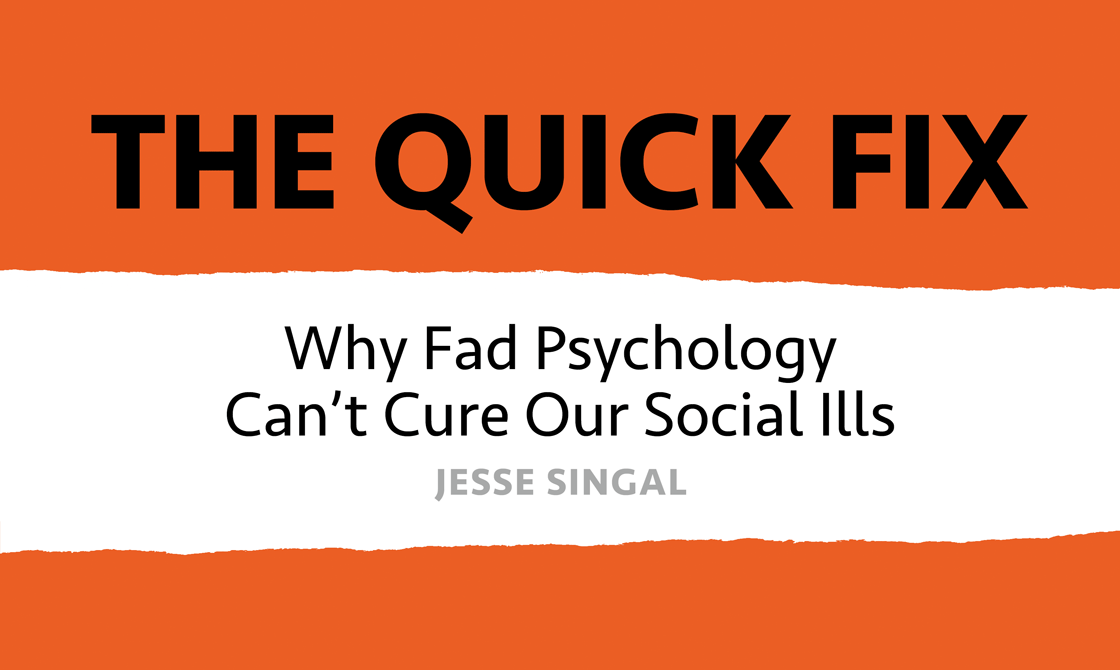correlation

The practice of discussing educational testing in the same sentence with the term “war” is not necessarily new or original.1 What may be new to readers, however, is to characterize current debates involving educational testing as involving a war against: (1) accurate perceptions about the way things really are (reality), and (2) sound judgment in […]

Media coverage often claims scholastic admissions tests (e.g., SAT, GRE) are inaccurate, inequitable, and ineffective because: (1) any racial/ethnic differences are caused by test bias; (2) tests don’t predict anything important; (3) tests merely reflect wealth not acquired skills or academic potential; so (4) admissions would be fairer without them. This article presents mainstream scientific evidence that each claim is false. Since admission test scores are the most resistant to bias, getting rid of them would make admissions less fair.

In their debate on free will, Doyle and Whittenberger present, explain, and defend contrasting, inconsistent, and in some ways contradictory models of human decision making. Whittenberger believes that the free will model is far inferior to the hard determinism model in so many ways, including conceptual clarity, the reasonableness of premises, and evidential support. Read Whittenberger’s response to Doyle.

My recent Skeptic article, “Free Will Is Real,” has prompted a response from Gary Whittenberger, who has previously written a standalone article for Skeptic in which he takes a stance against free will.1, 2, 3 Whittenberger’s response to me consists of several distinct points. A few of them are misunderstandings of my position. And a […]

The debate on free will vs. determinism has continued unabated for roughly 2500 years and seems to have become more prolific in the last ten years. Recently, Stuart T. Doyle presented his view in support of free will, the libertarian version. I strongly encourage the reader to study that article first. My intention here, however, […]

There is probably no other scientific discipline in which fads come and go so quickly, and with so much hype, as psychology. In his Quick Fix, Jesse Singal discusses eight different psychological ideas that have been promoted as quick fixes for different social problems. He refers to these as “half-baked” ideas—ideas that may not be 100 percent bunk but which are severely overhyped. This review of Singal’s book discusses the many different flawed studies that derailed psychology for years.

Harriet Hall, M.D. examines the evidence that “testicle tanning” or red light therapy increases testosterone levels. She also discusses a related fad: butthole tanning, also known as butt-chugging, but better described as perineal sunning. Why do people fall for these fads? The answer is complex.

How many of the risks for chronic diseases, including obesity, type 2 diabetes, high blood pressure, heart disease and dementia, can be traced back to your first 1,000 days of existence, from the moment you were conceived? Shermer and Finlayson discuss: epigenetics • epidemiology • difficulty determining causality in medical sciences • why correlation is not necessarily causation, but how it can be used to advise on diet and lifestyle changes • fruits and vegetables or meat and fat?
In Science Salon # 104 Michael Shermer speaks with Judith Finlayson about her book You Are What Your Grandparents Ate: What You Need to Know About Nutrition, Experience, Epigenetics and the Origins of Chronic Disease. PLUS: Carol Tavris avers that organizations’ Codes of Conduct that try to specify each and every possible behavior they wish to prohibit (or encourage), will find themselves in linguistic and psychological quicksand.
Dr. Raymond Barglow discusses three mistaken approaches to the opioid epidemic in this article that appeared in Skeptic magazine 24.1 (2019). Plus, Michael Shermer dialogues On Freedom with New York Times bestselling author Cass Sunstein.

Dr. Raymond Barglow discusses three mistaken approaches to the opioid epidemic in this article that appeared in Skeptic magazine 24.1 (2019).
In this week’s eSkeptic, Gary J. Whittenberger investigates whether the prayer of Georgia State Governor Sonny Perdue correlates to an increase in precipitation and how likely it was to have actually caused the increase.

















